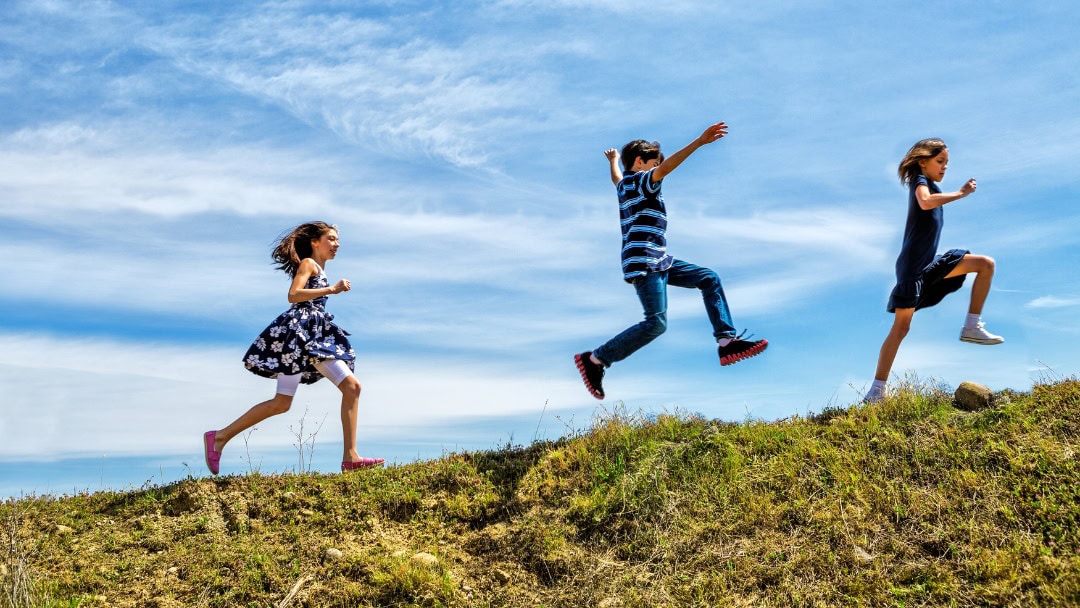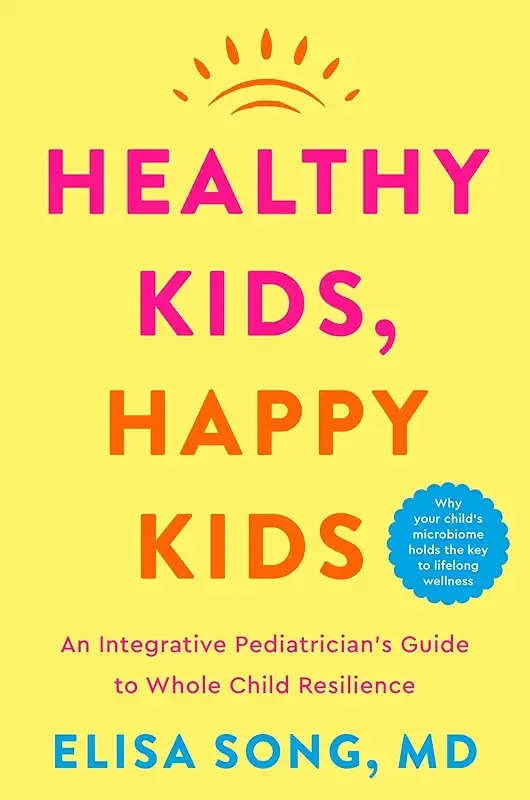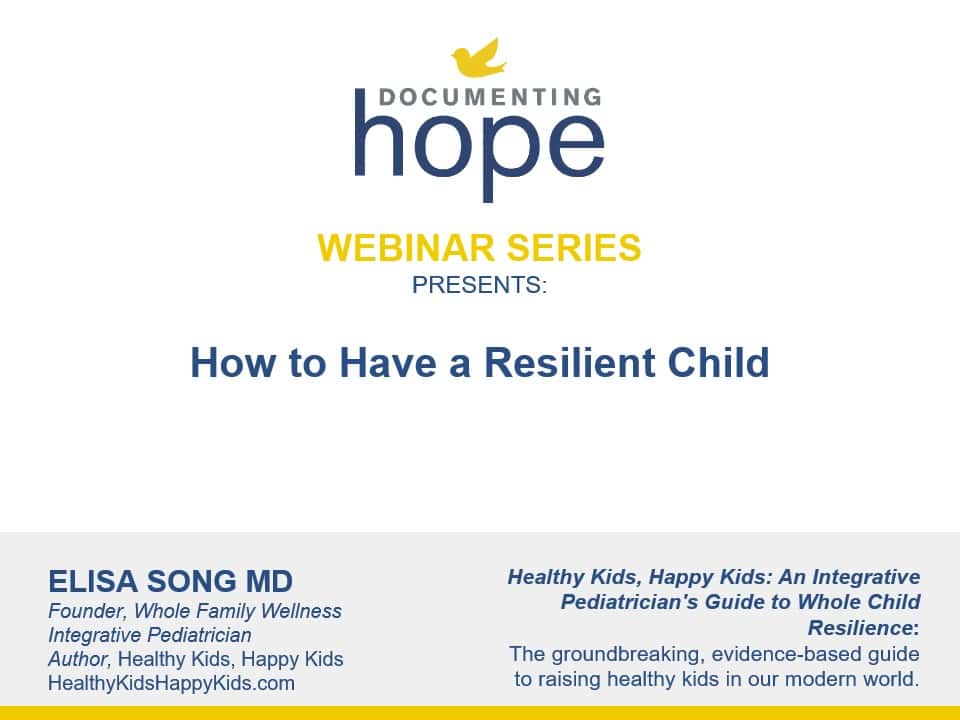What Is Resilience from a Biomedical Perspective?
In understanding how to cultivate resilience, it is helpful to understand the connections between the body’s internal systems and external stressors. Resilience is not merely a psychological attribute but a complex interplay of factors such as the microbiome, inflammation, dietary choices, physical activity, and stress management. Learn more about research supporting resilience from these various biomedical perspectives below.
The Microbiome and Resilience
Emerging research underscores the pivotal role of the gut microbiome in influencing resilience. The gut-brain axis, a two-way network between the gastrointestinal tract and the brain, plays a significant role in mental health and resilience. A pivotal study by Dinan, et al, demonstrated that alterations in the gut microbiome composition can profoundly impact stress responses and emotional regulation. This research highlights how nurturing a healthy microbiome through high-quality probiotics, fermented foods, and fiber-rich diets can bolster resilience. We have compiled additional resources for healing the gut microbiome, which you can find here.
Inflammation and Resilience
Chronic inflammation is closely linked with numerous health conditions and can impede resilience. A study by Ahuja and colleagues showed that lower levels of inflammation coincide with stronger immune resilience. The good news is that even if a person has some type of immune dysregulation, taking steps to lower inflammation can strengthen the immune system and improve resilience. Read our page on How to Reduce Inflammation, which includes ideas such as supplementing with antioxidants, supplementing with minerals and more.
Dietary Interventions and Resilience
Diet plays a crucial role in improving resilience by providing essential nutrients that support physical and mental health. A randomized, controlled trial known as the “SMILES’ trial” found that dietary interventions can significantly improve mood and overall resilience. This study showed that diets rich in whole foods, fruits, vegetables, and lean proteins such as the Mediterranean diet contribute positively to resilience by improving nutritional status and reducing inflammation. While the Mediterranean diet is one option, we also recommend making changes such as eliminating foods that your child may be sensitive to, removing vegetable oils and trans fats, eating a clean diet, eating a whole-foods diet, balancing blood sugar, lowering the amount of glutamate and potentially implementing a gut-healing diet to improve your child’s resilience.
Physical Activity and Resilience
Physical activity is another cornerstone of building resilience. A systematic review research article found that exercise has an antidepressant effect that is potentially triggered by improved circulating levels of BNDF, kynurenine, and interleukine-6, all of which are markers of inflammation within the body. This evidence bolsters the newer model of depression, which views it as a symptom of a chronically inflamed body and brain. To us, this is good news because it means that there are specific and concrete interventions, such as regular physical exercise, to not only enhance physical health but also to significantly reduce symptoms of depression and anxiety. Regular physical activity can stimulate the production of endorphins and other neurochemicals that foster resilience against stress and mental health challenges.
Stress Management and Resilience
Effective stress management techniques are vital for developing resilience and reducing the burden of chronic stress. A meta-analysis about health benefits of stress-reduction techniques showed that mindfulness-based practices, such as meditation and yoga, substantially improve mental health, decrease stress levels, and enhance overall resilience.We can use this study to remind ourselves that integrating mindfulness and stress reduction into our daily routines can support mental and emotional well-being.
Conclusion
Resilience is a multifaceted attribute that is dependent on various biomedical and lifestyle factors. By understanding research such as the studies mentioned above, as well as those listed in the Sources & References section below, we can better appreciate the integrative approaches that can foster resilience. Incorporating these practices into everyday life not only supports physical health but also strengthens mental and emotional resilience, enabling children and adults to navigate life’s challenges more effectively.
About Maria Rickert Hong CHHC
Maria Rickert Hong is a Co-Founder of, and the Education and Media Director for, Documenting Hope.
She is a former sell-side Wall Street equity research analyst who covered the oil services sector at Salomon Smith Barney and Lehman Brothers under Institutional Investor #1 ranked analysts.
Later, she covered the gaming, lodging & leisure sector at Jefferies & Co. and Calyon Securities. She quit working on Wall Street when her first son was born.

Prior to working on Wall Street, she was a marketing specialist for Halliburton in New Orleans, where she also received her MBA in Finance & Strategy from Tulane University.
She is the author of the bestselling book Almost Autism: Recovering Children from Sensory Processing Disorder and the co-author of Brain Under Attack: A Resource for Parents and Caregivers of Children with PANS, PANDAS, and Autoimmune Encephalitis. She is a co-author of Reversal of Autism Symptoms among Dizygotic Twins through a Personalized Lifestyle and Environmental Modification Approach: A Case Report and Review of the Literature, J. Pers. Med. 2024, 14(6), 641.
Maria is also a Certified Holistic Health Counselor. Her work can be found on DocumentingHope.com, Healing.DocumentingHope.com, Conference.DocumentingHope.com and MariaRickertHong.com
Still Looking for Answers?
Visit the Documenting Hope Practitioner Directory to find a practitioner near you.
Join us inside our online membership community for parents, Healing Together, where you’ll find even more healing resources, expert guidance, and a community to support you every step of your child’s healing journey.
Sources & References
Ahuja, S.K., et al. Immune resilience despite inflammatory stress promotes longevity and favorable health outcomes including resistance to infection. Nat Commun. 2023 Jun 13;14(1):3286.
Bonaccio, M., et al. Mediterranean-type diet is associated with higher psychological resilience in a general adult population: findings from the Moli-sani study. Eur J Clin Nutr. 2018 Jan;72(1):154-160.
Burrows, T., et al. Effectiveness of dietary interventions in mental health treatment: A rapid review of reviews. Nutr Diet. 2022 Jul;79(3):279-290.
da Cunha, L.L., et al. Effects of exercise training on inflammatory, neurotrophic and immunological markers and neurotransmitters in people with depression: A systematic review and meta-analysis. J Affect Disord. 2023 Apr 1:326:73-82.
Dantzer, R., et al. Resilience and immunity. Brain Behav Immun. 2018 Nov:74:28-42.
Dinan, T.G., et al. The Microbiome-Gut-Brain Axis in Health and Disease. Gastroenterol Clin North Am. 2017 Mar;46(1):77-89.
Dogra, S.K., et al. Gut Microbiota Resilience: Definition, Link to Health and Strategies for Intervention. Front Microbiol. 2020 Sep 15:11:572921.
Grossman, P., et al. Mindfulness-based stress reduction and health benefits. A meta-analysis. J Psychosom Res. 2004 Jul;57(1):35-43.
Hantsoo, L., et al. Childhood adversity impact on gut microbiota and inflammatory response to stress during pregnancy. Brain Behav Immun. 2019 Jan:75:240-250.
Jacka, F.N., et al. A randomised controlled trial of dietary improvement for adults with major depression (the 'SMILES' trial). BMC Med. 2017 Jan 30;15(1):23.
Leipold, B., et al. Physical activity and nutrition in relation to resilience: a cross-sectional study. Sci Rep. 2024 Jan 27;14(1):2272.
Manigault, A.W., et al. Psychosocial Resilience to Inflammation-Associated Depression: A Prospective Study of Breast-Cancer Survivors. Psychol Sci. 2022 Aug;33(8):1328-1339.
McDonald, D., et al. American Gut: an Open Platform for Citizen Science Microbiome Research. mSystems. 2018 May 15;3(3):e00031-18.
Relman, D.A. The human microbiome: ecosystem resilience and health. Nutr Rev. 2012 Aug;70 Suppl 1(Suppl 1):S2-9.
Voigt, R.M., et al. The intestinal microbiota: determinants of resiliency? Lancet Healthy Longev. 2021 Jan;2(1):e2-e3.
Wastyk, H.C., et al. Gut-microbiota-targeted diets modulate human immune status. Cell. 2021 Aug 5;184(16):4137-4153.e14.
Whatnall, M.C., et al. Are Psychological Distress and Resilience Associated with Dietary Intake Among Australian University Students? Int J Environ Res Public Health. 2019 Oct 24;16(21):4099.
Yin, Z., et al. Dietary Diversity Was Positively Associated with Psychological Resilience among Elders: A Population-Based Study. Nutrients. 2019 Mar 18;11(3):650.







